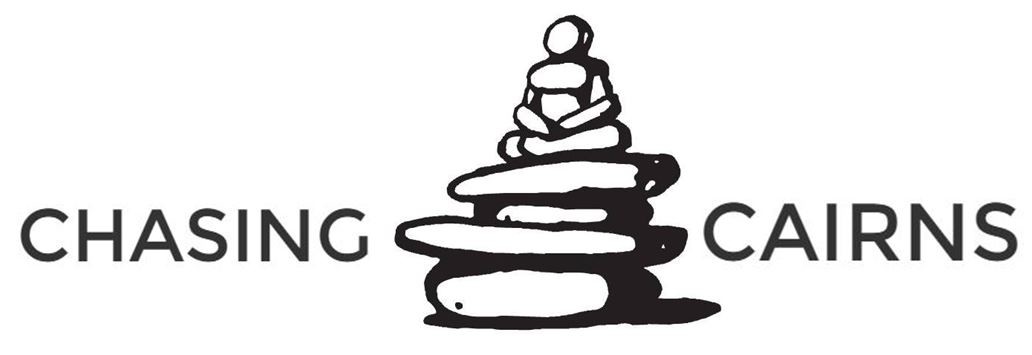whole food, plant-based
Vegan: this buzzword has sparked many conversations, countless inquisitive looks, and more than a little judgement. In my experience, there are three main reasons why people transition towards a plant-based diet: holistic health, sustainability or environmental politics, animal rights, and religion. I cannot speak for other vegans, but my parents raised me as a vegetarian primarily for sustainability reasons. I didn’t necessarily question or research their motives until much later in life, I just knew that I didn’t mind eating vegetarian (it was all I knew) and I felt pretty good doing it. As I embraced veganism, I realized that I felt significantly healthier, slept better, had more energy, and had very few issues with illness. Realizing the health benefits, I could not ignore that as one of the main reasons why I wanted to continue eating a plant-based diet. I also began to share my experiences with anyone who asked, talking about how my diet made me feel. As soon as I opened up, people started to ask questions. As a result, I decided to research the guiding philosophies of my diet. Over the past year or so, I have finally come to terms with why sustainability is such an essential part of the vegan experience. This introduction to my cookbook is not necessarily the right place to fully explicate how intrinsically linked veganism and sustainability are, but I can assure you that will be the subject of another post. The final two reasons (animal rights and religion) never really factored into my decision, but they are central for many other vegans. I do, however, consider animal rights to be part of the politics/sustainability of animal agriculture. Either way, changing my diet has taught me one simple lesson: Regardless of what you eat or how you eat, be mindful of why.

When I decided to become vegan in 2012, it was not a major transition. I had read The China Study, which made me worried about my dairy consumption, and wanted to test myself to see how a dietary change would make me feel. As a lifelong vegetarian (who had never had a taste for eggs), cutting out dairy, as a Wisconsinite, was the only roadblock between me and a fully plant-based diet. Luckily, I was a student at Bates College, which has a nationally recognized vegan cafeteria. In my mind, if I could go without pizza, ice cream, certain desserts… then veganism would be a breeze. At school, it was easy. I had freshly prepared vegan food at every meal and a host of vegan-friendly essentials that I could play around with. I even tried raw veganism for a short stint just to push my body to the next level. The real world, however, proved a little more difficult. Abstaining from fast food, limiting options at restaurants, and burdening dinner hosts with my unique and limited diet all made my decision more real. As a result, I decided to learn how to cook vegan food. I dedicated the summer of 2012 to cooking new recipes every week. Once I had that culinary foundation, everything became that much easier. I could now bring a side dish to any dinner party, pack my own lunches, and prepare snacks for road trips. I started to question why people thought this was so hard!
I was a very strict vegan in 2012. I wanted to get the full vegan experience before I decided how I would eat moving forward. I would turn down food when offered. I would forgo a meal until I could eat plants. When 2013 rolled around, I decided to make some slight alterations. Looking back on the previous year, I realized that there were multiple occasions when I had abstained from a culturally relevant dish, a famous recipe, or a home-cooked meal prepared by a friend simply because it didn’t fit perfectly within the structure of my diet. I had missed out on worthwhile opportunities. Having a friends vegetarian home-made, family recipe carrot cake wasn’t going to negatively affect my overall health, why was I forgoing that? Passing up on a restaurant’s “world famous” macaroni and cheese wasn’t going to solve our environmental problems over night, why shouldn’t I try what the best of the best tastes like? Travelling through a foreign country and eating their specialty vegetarian dishes wasn’t going to kill me, why shouldn’t I learn more about that country’s culinary specialties? As a result, I decided to be flexible on occasion. I would set aside my veganism for rare opportunities that I would regret not taking advantage of. Over the past 2 years, I have only invoked this exception about 5-10 times with no regrets.


